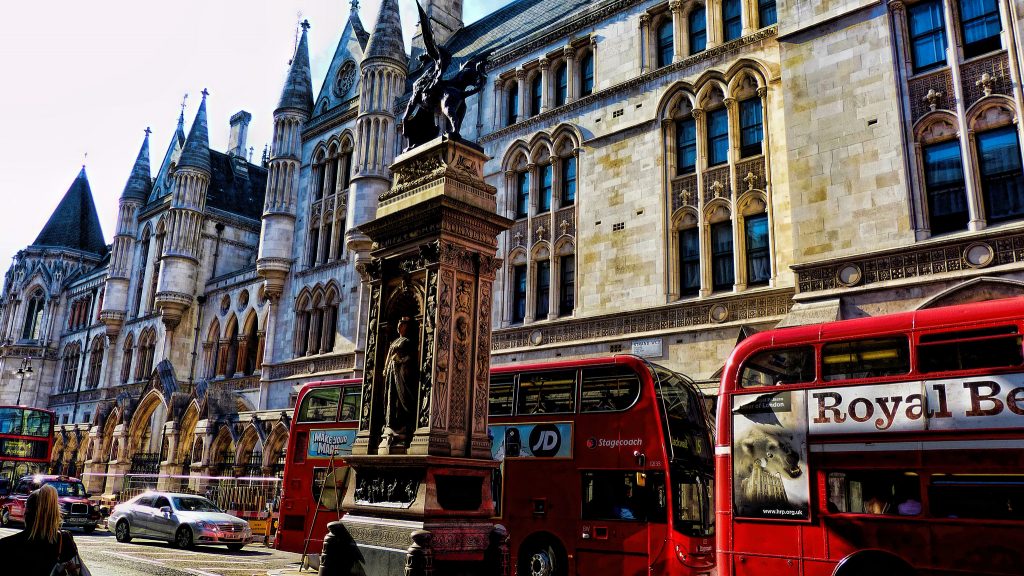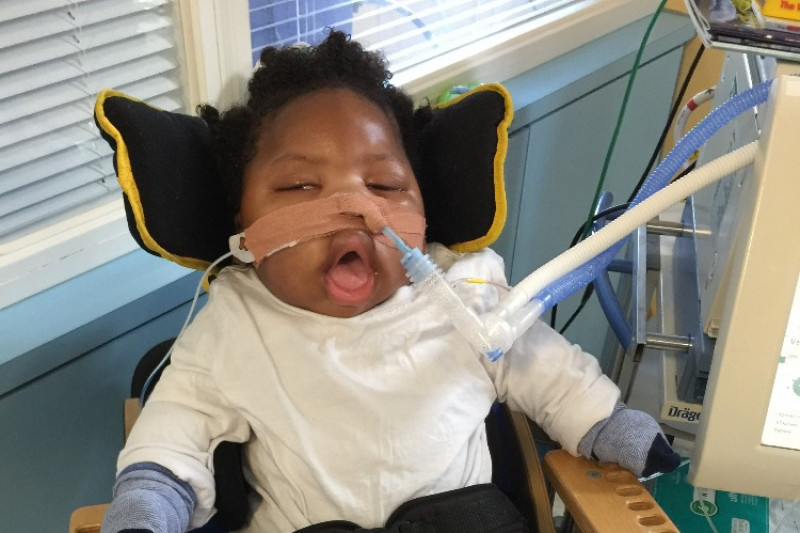A High Court judge has ruled that the life support of 11-month-old Isaiah Haastrup can be withdrawn by doctors, after being told further treatment would be “futile, burdensome and not in his best interests”.
Doctors from King’s College Hospital said the baby had suffered “catastrophic” brain damage at birth, and could not breathe or move independently, and is completely unresponsive.
His parents, however, believe he responded to the touch and sight of his mother and were seeking permission to begin palliative care.
A Continued Fight Against the Ruling
 The High Court in the Royal Courts of Justice. Image Credit: Mariano Mantel / Flickr
The High Court in the Royal Courts of Justice. Image Credit: Mariano Mantel / Flickr
Father Lanre Huustrop and mother Takesha Thomas, both 36, have argued for continuing treatment of Isaiah, and have been critical of the hospital during the case.
Mr Huustrop told the judge: “This is a case involving a child that the [hospital trust] harmed at birth.
“There have been failings. But for them Isaiah would be at home having a lovely meal with me, with his lovely mum, playing around.”
They also accused the doctors of failing to respect their views as parents, added: “The response we get is ‘you don’t have a say. We are doctors. We do what we like.'”
Barrister Fiona Paterson, representing King’s College NHS Foundation Trust, said that while no one could understand the suffering of the parents, “overwhelming medical evidence” made withdrawing treatment a necessity.
Mr Justice MacDonald said today he had reached his decision with “profound sadness”.
Is this a Human Rights Issue?
This is undeniably a difficult and emotive issue, but there is also some relevance to human rights law.
We all have a right to health, including an obligation on states to provide the “highest attainable standard of health” to its people – with the caveat of limited resources. However, when doctors say that further care is not in the “best interests” of the patient, it can be argued that every reasonable obligation has been fulfilled.
The case also touches upon one of our most fundamental rights – the right to life. The legislation says “everyone’s right to life shall be protected by law”, except in the case of the application of the death penalty and in defence from unlawful violence. Again, in this case, it can be argued that the doctors took steps to fulfil their obligation of care to Isaiah.






